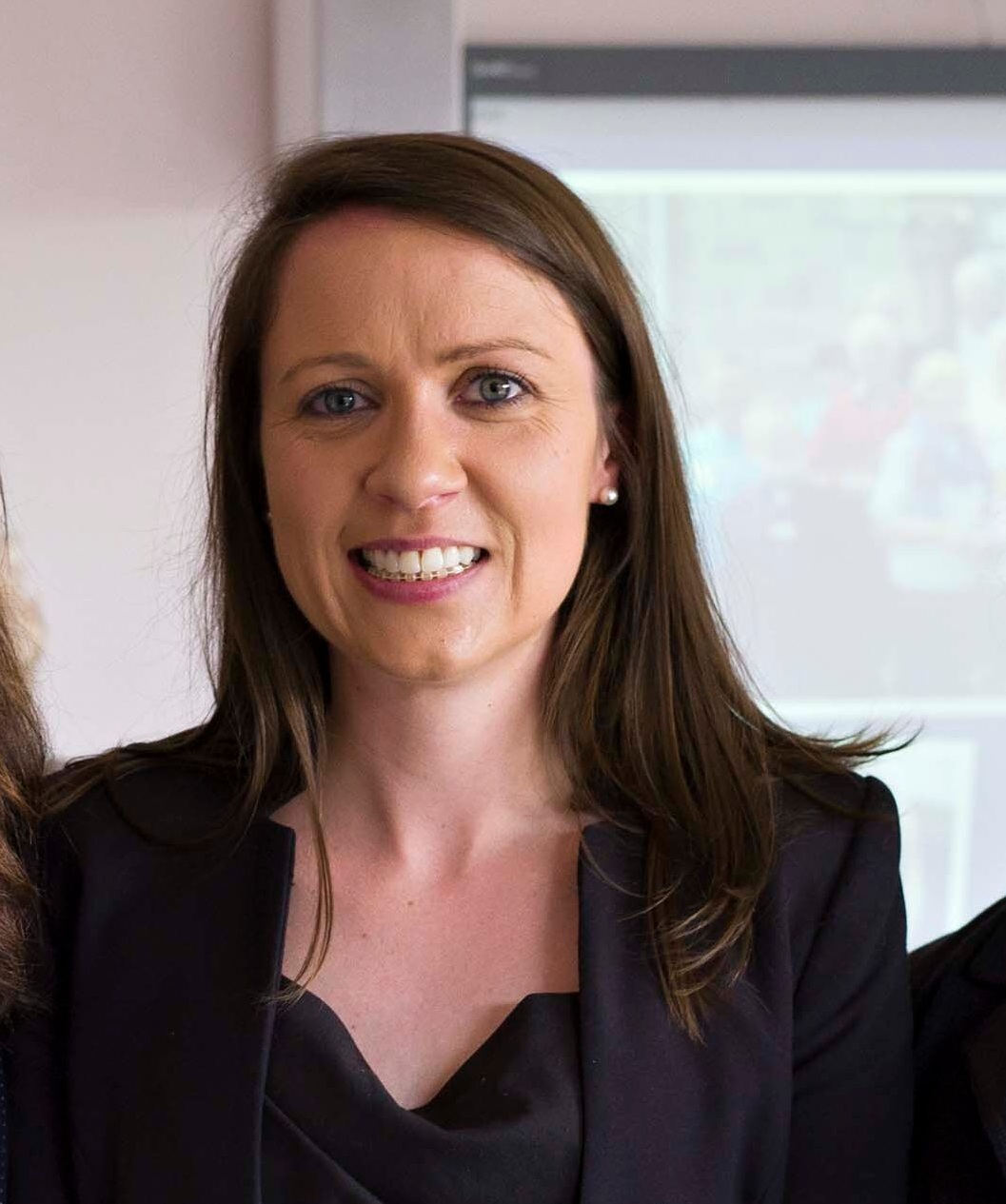July TCAID: In Focus - Psychotropic Use in People with Intellectual Disability: How Evidence from the EQUIP study can Inform and Support Policy and Practice

Recently we were delighted to share findings from the EQUIP study in a very well attended TCAID Webinar “Psychotropic Use in People with Intellectual Disability: How Evidence from the EQUIP study can Inform and Support Policy and Practice”. The Examining Quality, Use and Impact of Psychotropic (Use) in older adults with intellectual disabilities (EQUIP) study is a unique collaboration bringing together researchers in the Trinity Centre for Aging and Intellectual Disability, School of Pharmacy, Trinity College Dublin, the newly established HSE National Clinical Programme for People with Disability (NCPDD), the Learning Disability Faculty in the College of Psychiatrists of Ireland and patient stakeholders to improve medicine use and reduce harm from medicines for older adults with intellectual disability.
The EQUIP project examined the quality and trends of psychotropic use of older adults with intellectual disability over a ten-year period in Ireland to inform practice and policy and to optimise medicines use and health outcomes. The study used health and medication data from ten years (four waves) of The Intellectual Disability Supplement to the Irish Longitudinal Study on Ageing (IDS-TILDA) study, a nationally representative longitudinal study of adults with intellectual disability over 40 years of age, and from medicines data from the HSE-PSCR prescribing database.
The EQUIP study was funded by the Health Research Board (HRB) Secondary Data Analysis Awards. In the webinar Dr Maire O’Dwyer, PI of EQUIP presented key findings from the study and was joined for a panel discussion with Professor Mary McCarron, Director of TCAID and co-PI of EQUIP and Dr Rosemary Gowran, Clinical Lead of the National Clinical Programme for People with Disability. These national collaborations, including with clinical services and policy makers, are crucial as they enable research to directly influence policy and practices in real-world settings.
The findings, which use data from a long-term study of older adults with intellectual disability in Ireland, the Intellectual Disability Supplement to the Irish longitudinal Study on Ageing (IDS-TILDA), include:
- Over ten years approximately six in ten participants were taking at least one psychotropic medicine for mental illness.
- Antipsychotics remained the most reported psychotropic across ten years of data, with four in ten older adults with intellectual disability reporting taking an antipsychotic.
- There was a significant decrease in the use of anxiolytic medicines (medicines for anxiety) over time for those who took part in all waves of the study, with 25% of this group taking them in 2010, compared to 17.6% in 2020.
- There was a similar decrease in use of hypnotic medicines (sleeping tablets) with 14% taking these in 2010, reduced to 9% in 2020.
- There was a notable increase in antidepressant use over time (Wave 1 26.2% v Wave 4 31.8%), with women more likely to report antidepressant use.
- Those with Down Syndrome were significantly less likely to report taking psychotropics and reported lower rates of mental illness compared to people with intellectual disability of other causes.
- For participants reporting behaviours of concern in the absence of any mental illness, 35.5% reported taking a psychotropic medicine but only 40% reported having access to critical non-pharmacological support services.
- Psychotropic polypharmacy (use of two or more psychotropic medicines together) was not associated with falls, chronic constipation or dementia but was associated with increased dependence for daily activities.
- New participants aged 40-49 years recruited for Wave 4 of the study in 2020 reported lower use of psychotropics, with 26.6% of 40–49-year-olds in 2020 reporting antipsychotic medicines, compared to 40.5% of 40–49-year-olds in 2010.

This webinar was a great success, and was attended by >150 health care professionals, academics and those who worked in services. There was great engagement and discussion with the panel after the presentation. Future webinars are now in planning for patients, carers, family members and psychiatrists who work with people with intellectual disability. The webinar is now available on youtube, meaning it is available for any health professionals to watch at a time of their choosing, with already >120 people viewing the youtube video. This aligns with our mission in TCAID to make sure our publicly funded research is accessible and equitable for all in order to benefit health of people with intellectual disabilityDr Maire O’Dwyer – Principal Investigator, EQUIP
The full webinar is available to watch here:
Psychotropic Use in People with Intellectual Disabilities: How Evidence from the EQUIP Study can Inform and Support Policy and Practice
Watch the full webinar here.
For more informaiton on the EQUIP project, click the link below:
To view the accessibile video of our research findings, please click here:
Psychotropic Medicines for Your Mental Health and The People Who Take Them
The EQUIP Steering group members with intellectual disability along with the PPI panel in TCAID, developed and stared in a video about the EQUIP project. The video includes information on what psychotropic medications are as well as some of the findings from the EQUIP project. We hope you enjoy the video.

